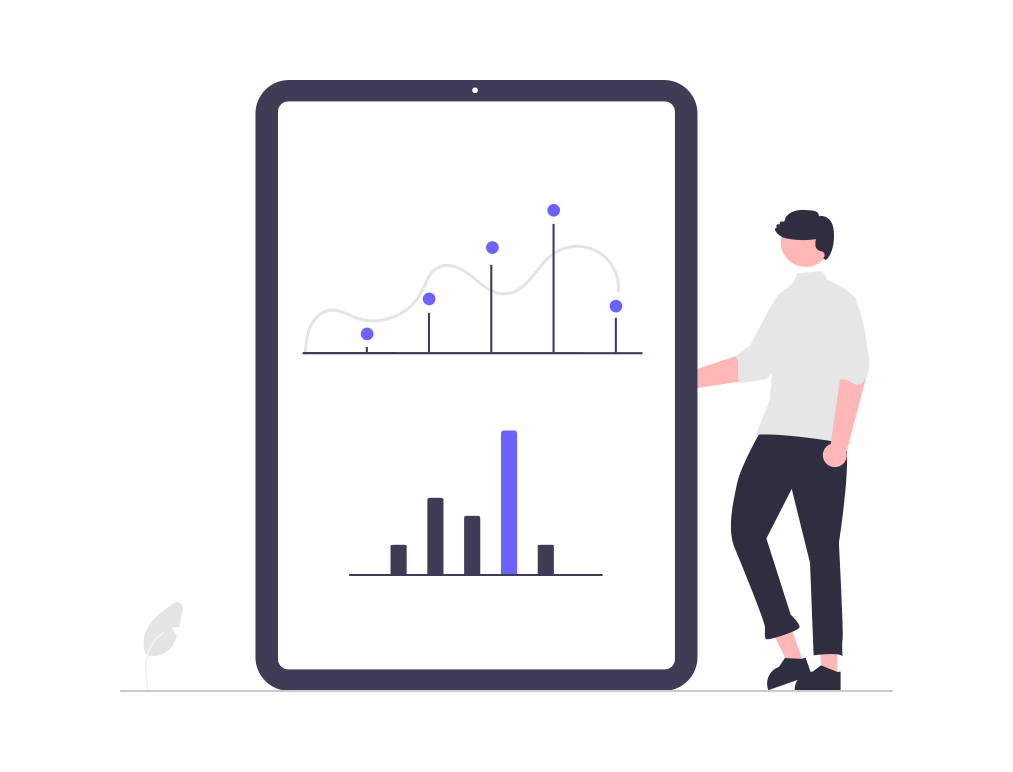Account-Based Marketing (ABM) thrives on precision, personalization, and performance. One of the most powerful tools to achieve these elements is advanced analytics. By harnessing the potential of data, businesses can refine their ABM strategies, leading to better engagement and higher conversions. This blog explores how to leverage advanced analytics to turn data into actionable insights and drive ABM success.
The Role of Data in ABM
In ABM, data is the foundation upon which strategies are built. Advanced analytics takes this data and transforms it into valuable insights that inform every aspect of an ABM campaign. Here's how:
1. Identifying Target Accounts
- Data Sources: Use predictive analytics to analyze historical data and identify high-potential accounts.
- Segmentation: Segment accounts based on firmographics, technographics, and intent data.
2. Understanding Account Behavior
- Tracking: Monitor interactions across multiple touchpoints to build a comprehensive view of account behavior.
- Analysis: Use machine learning algorithms to identify patterns and trends in account engagement.
3. Personalizing Engagement
- Content Relevance: Leverage insights to create highly personalized content that resonates with the specific needs of each account.
- Timing: Optimize the timing of outreach based on engagement metrics to increase the likelihood of conversion.
Tools for Advanced Analytics in ABM
Implementing advanced analytics requires the right tools. Here are key categories of tools that can enhance your ABM strategy:
1. Predictive Analytics Platforms
- Functionality: Analyze past performance to forecast future trends and identify the most promising accounts.
- Benefit: Allows for more targeted and efficient resource allocation.
2. Customer Data Platforms (CDPs)
- Functionality: Aggregate data from various sources to create a unified account profile.
- Benefit: Provides a single view of the customer, facilitating better personalization.
3. AI-Powered Insights
- Functionality: Utilize AI to generate actionable insights from complex data sets.
- Benefit: Speeds up the decision-making process and enhances the accuracy of insights.
Metrics That Matter
To gauge the effectiveness of your ABM efforts, focus on key metrics that reflect engagement and conversion.
1. Engagement Metrics
- Web Traffic: Measure the volume and quality of traffic from target accounts.
- Content Interaction: Track how target accounts interact with your content.
2. Conversion Metrics
- Lead-to-Account Matching: Assess how many leads match your target account criteria.
- Pipeline Velocity: Measure the speed at which accounts move through the sales funnel.
Integrating Advanced Analytics into ABM
To seamlessly integrate advanced analytics into your ABM strategy, follow these steps:
1. Align Teams
- Collaboration: Ensure that sales and marketing teams work together to define goals and share insights.
- Training: Equip teams with the skills needed to use analytics tools effectively.
2. Leverage Automation
- Automation Tools: Use marketing automation platforms to streamline data collection and analysis.
- Workflow Optimization: Automate routine tasks to free up time for strategic analysis and planning.
3. Continuous Improvement
- Feedback Loop: Establish a feedback loop where data insights inform ongoing strategy adjustments.
- Iterative Testing: Regularly test and refine your approach based on performance data.
Future Trends in ABM Analytics
As technology evolves, the capabilities of advanced analytics in ABM will continue to grow. Here are some emerging trends to watch:
1. Real-Time Data Processing
- Impact: Enables immediate action based on current data, enhancing responsiveness and relevance.
2. Enhanced AI Capabilities
- Impact: More sophisticated AI algorithms will provide deeper insights and more accurate predictions.
3. Integration with IoT and Emerging Technologies
- Impact: Combining ABM analytics with data from IoT devices and other emerging technologies will provide a richer understanding of account behavior.
Conclusion
Advanced analytics is a game-changer for ABM, offering the precision and insights needed to target, engage, and convert high-value accounts effectively. By integrating predictive analytics, AI-powered insights, and real-time data processing, businesses can enhance their ABM strategies and achieve greater success. Embrace the power of data to transform your ABM approach and stay ahead in an increasingly competitive market.


